We know there’s a huge stigma around mental health issues and disorders. So we want to work against this and lessen the reluctance to be open about mental health problems. Even for those struggling with their mental health, it needs to be said that there are ways of managing and even reducing symptoms. This article is going to go in-depth on smart, achievable goals for those with ADHD/ADD. Whether you’re an adult or a child with ADHD or related to someone who has it, we want to provide you with useful tools to manage this and improve your life.
To note: many of the smart goals and suggestions here are healthy habits for all to implement in their lives. However, they can be especially helpful for individuals with ADHD and/or ADD.
Smart goals for ADHD 1: diet
Eating the right food is essential for everyone. Our food becomes part of us, it can influence our brain and even affect our personality and mood. Certain foods can especially help those with ADHD, or make their symptoms far worse.
Foods to stay away from:

- Sugar–sugar is a false energiser, and so it can lead to problems if your brain is already overly aroused. This could exacerbate the hyperactivity of an individual with ADHD. If you have ADHD or know someone who does, you may want to look at how much sugar they’re consuming. A high sugar diet isn’t good for anyone but can be especially detrimental for those with neurodevelopmental disorders like ADHD. Research shows that overconsumption of sugar is linked to cognitive impairments and changes in neurobiological brain functions which can change emotional states and behaviour.
- Coffee–if you’re an adult this may sound horrifying, but coffee should be avoided in the afternoon. Caffeine is another stimulant which can stay in the body up to 8 hours after it has been consumed. Many with ADHD report having sleeping issues, and so having caffeine in their system late at night will only arouse their brains further. This goes for anyone really–it’s best to stay away from caffeine in the afternoon if you want to sleep well.
Foods to include in your diet:
(if you’ve read our article on how to sleep with ADHD these won’t come as a surprise!)

- Omega 3s–omega 3 fatty acids found in fish, walnuts, flaxseeds etc can benefit both adults and children in sleeping. But they can also help reduce the symptoms of ADHD such as :
-inattention and restlessness
-aggression
-impulsiveness
-reduced academic performance
-cooperation
Omega 3s also help make falling asleep easier, increase night-time melatonin levels and boost the quality of sleep.
- Magnesium–magnesium deficiencies are common, but magnesium is very beneficial for regulating moods, behaviour and sleep. It increases the levels of our calming neurotransmitter, GABA, helping us to relax. It has been found that up to 95 % of children with ADHD may be deficient in magnesium. Aside from supplements, magnesium-rich foods include beans, dark leafy greens and whole grains.
- Melatonin and vitamin D–evidence shows that low levels of vitamin D are more common in children with ADHD than those without. This vitamin is essential for good sleep, as well as good mental and physical health. It aids brain development, function and protection. A lack of this vitamin is linked with mood disorders, depression, and even autism. Sources of vitamin D include fatty fish (tuna, sardine, salmon), eggs and sunlight. Melatonin is a hormone that aids sleep and is a strong antioxidant. However, because it is a hormone, taking medication and supplements aren’t recommended for young children, especially girls. Eating cherries is a prime source of melatonin that comes naturally without medication that all can benefit from.
Smart goals for ADHD 2: talk

Lots of individuals with ADHD find expressing their emotions to be challenging. This can be for several reasons. It’s common for those with ADHD and ADD to suffer from rejection-sensitive dysphoria (RSD). This means feeling far more sensitive over criticism, teasing, rejection (both real and perceived) and perceived failure. A casual remark or comment made by a friend or family member could be seen in a completely different way by an individual with ADHD. This could lead them to feel down, or frustrated and angry. As the person who made the remark, you may not know why they’re reacting in such a way, and they probably won’t tell you unless you create an open space for talking.
Many with ADHD and ADD also suffer from anxiety, usually as a result of having the disorder. Anxiety and ADHD overlap by around 25%. Things that may be obvious or non-problematic for someone without ADHD could be a major source of anxiety for someone with the condition. If you’re the parent, sibling or partner of someone who has ADHD, it’s really important to find a setting where they feel comfortable and able to voice their feelings. Unvoiced frustrations can come out in damaging words and behaviour.
Find a comfortable space

Some prefer to talk while doing another activity, as face to face contact makes them feel nervous. Others like talking one on one but in quiet settings. It’s down to you to find a place where your family member or partner feels comfortable enough to tell you their feelings. Likewise, if you’re an adult with ADHD, finding someone you feel happy to talk to is important. Anxious feelings can be significantly reduced when you have someone to help you reason through them. Similarly, feelings triggered by RSD can be minimised by having another person explain a situation. I.e. tell someone how their words made you react, or how someone else’s comment made you feel. Then they may say, ‘when I said x y and z, this is what I actually meant.’
Finding a way and space to talk may just be the hardest smart goal for ADHD, but it’s one of the most important. Talking is the best way to spread awareness, lessen stigmas, and release tension that would otherwise come out destructively. There are even different forms of talking therapy that can be done to help manage feelings of anxiety, depression, and many other things.
Smart goals for ADHD 3: nighttime routine

Having a routine before bed is a healthy habit for all to get into. Because of the age we live in, we’re constantly being stimulated. This makes switching off at night so much harder. As mentioned before, ADHD and sleep-related problems are common. Around 67% of adults with the condition report having trouble sleeping and waking. Some reasons may explain why this is, and there are certainly ways to overcome it slightly or completely. Here we’ll outline a few.
Avoid sugar, caffeine and alcohol before bed
Anything that can stimulate the brain, even temporarily, should be avoided before sleeping. So substances that contain sugar or caffeine should be avoided at night. Alcohol may surprise some, as it does make us drowsy. However, alcohol dehydrates the body and interferes with our sleep cycles. It can cause you to wake up during the night to drink water or to use the toilet. So having alcohol up to 3 hours before sleeping can be problematic.
Blue light
Blue light from our devices and even from our light bulbs stop our brains from secreting melatonin (our sleep hormone) at the right times. This interferes with our sleep/wake cycle and can make it harder to fall asleep. There are a few solutions to this. Blue light glasses can be a source of help as they block most or all of the blue light around us. Simply putting away our electronic devices in the evenings is another method–albeit a harder one! It’s also advisable to stop watching tv, scrolling through social media or listening to music before bed. These things keep our brains in a state of arousal rather than relaxation.
Go to bed at the same time/similar times each day
This can sound hard, but sleeping at the same time regularly can train your body clock. Your body will make you feel tired at similar times each day if you’re consistent with this.
Smart goals for ADHD 4: morning routine

Routines can sound dreary, but it’s just getting into smart habits that prove to be life hacks. Many with ADHD have trouble waking up on time and often oversleep. However, there are a few things which could prove to be effective.
Get some sunlight
As soon as you wake up, go outside or look outside your window for a few minutes. Blue light from the sun alerts our body clock that it’s time to wake up. It also resets your circadian rhythm. This slows down melatonin production and starts the production of other hormones like cortisol. And that can help us remain alert.
Exercise
As our body prepares to wake up, our temperature raises slightly. This raise in temperature is another signal to our body clock that it’s time to get out of bed. Exercising is a natural way to elevate our body temperature and release cortisol. This helps us feel aroused and alert rather than sleepy.
Wake up at consistent times
This may sound even more difficult than going to bed at the same time every day! However, the same principle applies. Everyone has a circadian rhythm, a 24-hour sleep/wake cycle. By sleeping and waking at similar times, you can reset and train your rhythm to wake you up at similar times each day.
Smart goals for ADHD 5: exercise

For those with ADHD, exercise is particularly important because it minimises restlessness and hyperactivity–main symptoms of ADHD. It also reduces things that tend to block sleep, like stress and anxiety. So find a way to incorporate some exercise into your day–even if it’s just 5 minutes. A five minute HIIT workout in the morning can have lasting effects all day and even help us sleep better in the evening. For practical ways to get in some exercise at home, check out our best compact home gym reviews.
These smart goals can be especially helpful for those with ADD and ADHD but are healthy habits for all to develop. Doing these things really benefits our mental and emotional health. And when our minds are at their peak, the rest of our body tends to follow suit.
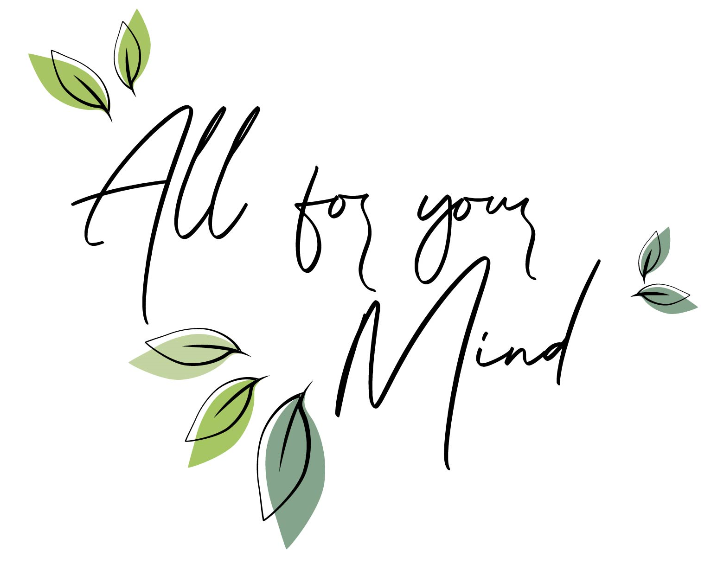
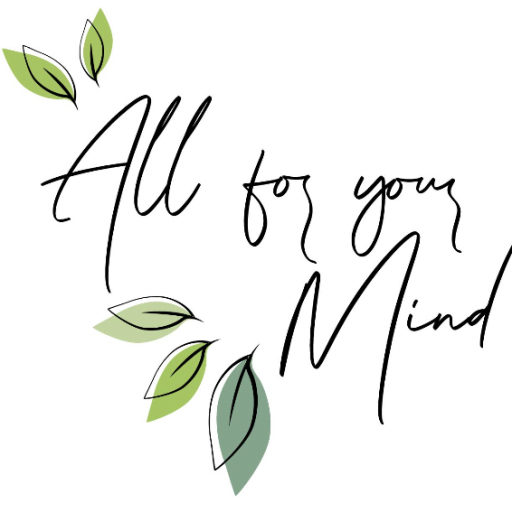
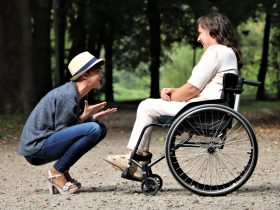
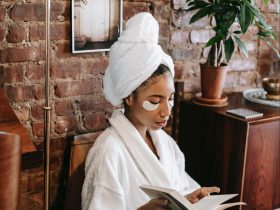


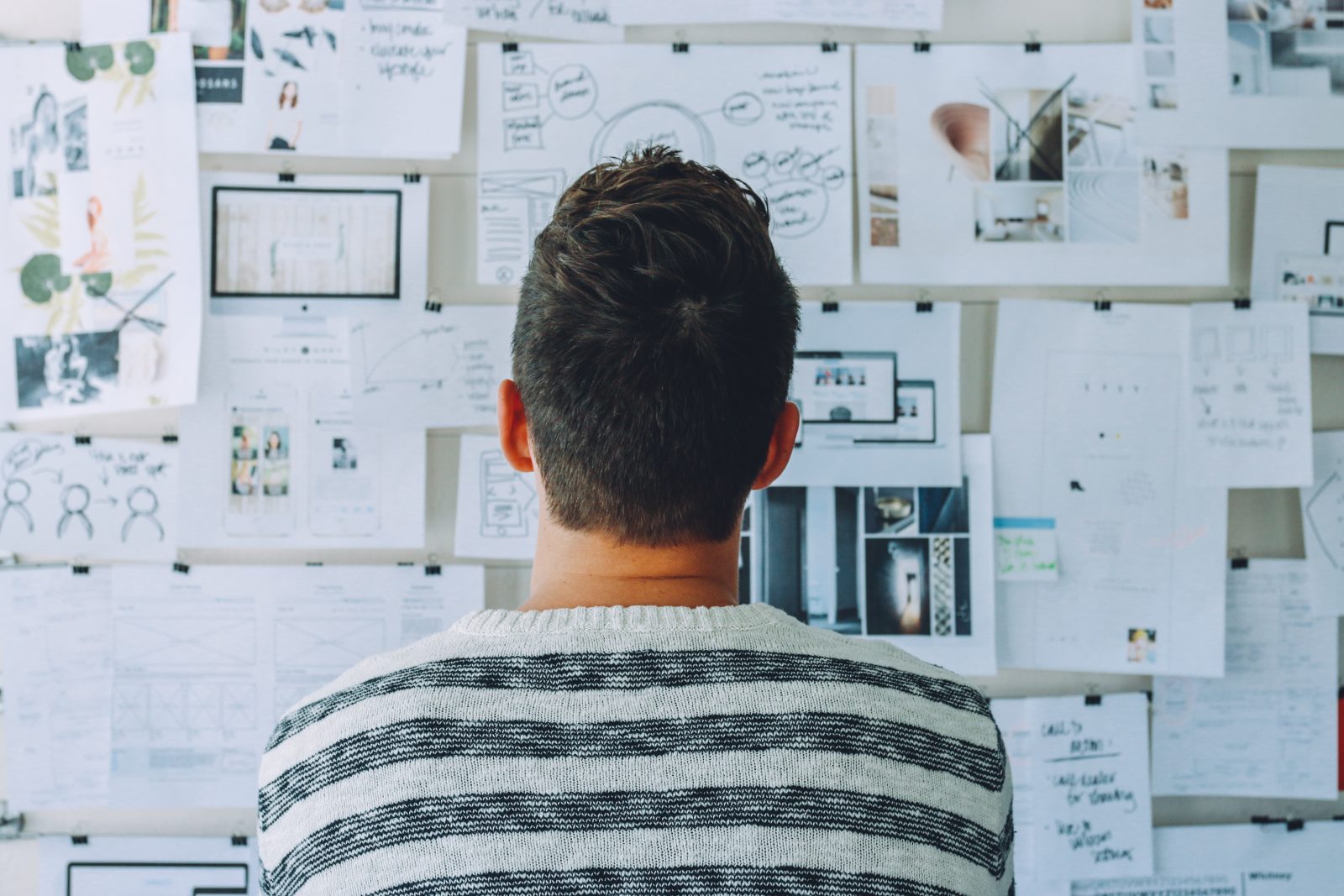













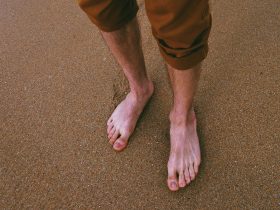
20 Comments